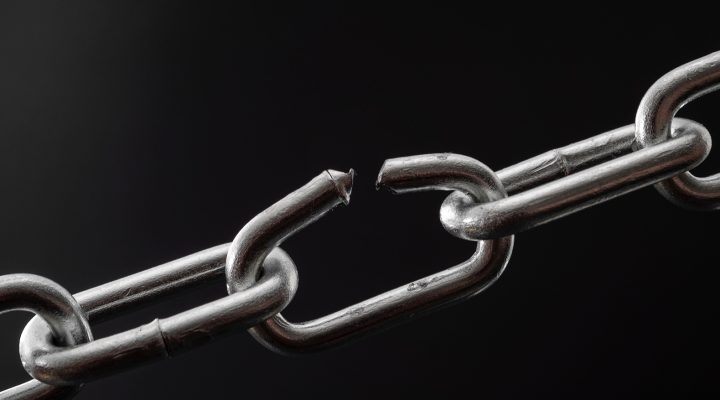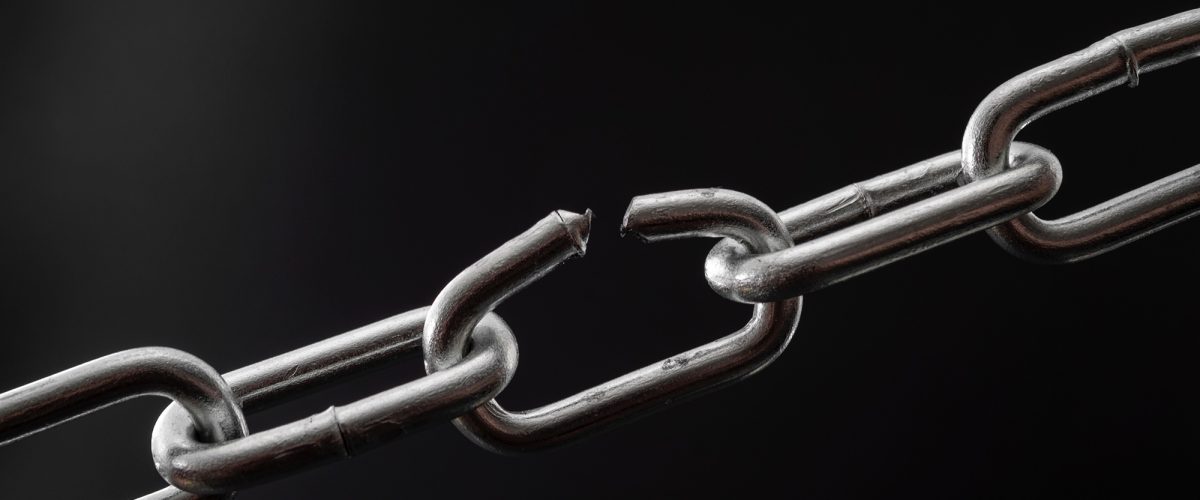The Religious Right seems to be flexing its muscles these days. After all, they’ve overturned Roe v. Wade, openly embraced Christian nationalism, banned a whole slew of books, and told Florida’s teachers, “Don’t Say Gay.”
I don’t think all this is about strength, though. It’s about what I’ve called “Christian fragility.”

Susan Shaw
I’ve borrowed from Robin DiAngelo’s work on “white fragility.” DiAngelo says white fragility is an emotional response to the stress that arises when white people are confronted with their racial privilege or find themselves in a situation that’s not racially familiar. The stress is so intolerable that they get angry, defensive, fearful, argumentative and agitated.
That’s what’s going on with a lot of conservative Christians these days. In an increasingly secular culture with advancing rights for Blacks, indigenous and people of color, as well as LGBTQ folk, many Christian people, especially white Christian people who are used to being in the dominant class, are finding themselves uncomfortable and at a loss with all these others who are different from them.
“People who differ are either targets for evangelism or tools of the devil.”
Their reaction has been to assert themselves politically to mitigate the social changes they see all around them. The conservative Christian world can be pretty insular, and so often people inside that world have not had a lot of authentic interaction with those who are different from them. They’re taught that their vision of the world is the only right one, and the rest of us are a threat to that vision. Because they know the one right way, they believe opposing ideas are dangerous and should be avoided. People who differ are either targets for evangelism or tools of the devil. Neither view invites honest conversation.
If opposing views are dangerous, they have to be shut down because the risk of falling into heresy or sin is too great.
People living in ways that conservative Christians deem sinful also have to be shut down. The very existence of a happy queer family might challenge the notion that different sexualities are sinful. Acceptance of transgender people might upend gender roles and hierarchies in straight marriages. Allowing abortion might give women greater control over their own bodies.
The very fact of people with different beliefs, different faiths, different cultures, different sexualities and genders is a threat to the rigid belief systems of much of conservative Christianity. Whether Black people assert the right not to be shot by the police or queer people assert the right to marry, many conservative Christians feel an assault on their values and their lives (think, for example, of the ways opponents of transgender rights frame the issue as a challenge to God-given biological realities and associated gender roles).
In the physical world, stiff materials tend to be brittle. Materials scientists describe brittleness as “the property of a material that fractures when subjected to stress.” In other words, brittleness “identifies material easily broken, damaged, disrupted, cracked and/or snapped.” Brittle materials have low tensile strength. Tensile strength is the maximum stress a material can bear before breaking when it is stretched or pulled.
Rigid beliefs work in much the same way. They’re brittle. Honest openness to different ideas and different people subjects rigid beliefs to stress. Stress is a threat because rigid beliefs are brittle. They break. Therefore, stressors — like people who believe different things or live in different ways — have to be neutralized.
“The rigidity of much of conservative Christianity is what makes it fragile.”
The rigidity of much of conservative Christianity is what makes it fragile. Psychology tells us people don’t react well when these deeply held and deeply felt — but largely unexamined — beliefs and sense of self are challenged. That’s one of the reasons there’s now such a large reaction against transgender people, for example.
As long as trans folks were largely invisible, they did not challenge beliefs about the “natural” division of humans into two easily definable sexes with corresponding gender roles. The recent increased visibility of trans people along with greater public acceptance and changes like all-gender bathrooms and stated pronouns has been a direct affront to conservative beliefs about gender.
Rather than allowing the rigid belief to be dismantled, the reaction has been to protect the belief by limiting transgender rights and preventing education about transgender people. This has been done by engaging government to impose these conservative Christian beliefs on everyone.
This acceptance of government as a mechanism to impose these beliefs has led to a much more public embrace of Christian nationalism, and we know Christian nationalism also is a largely white phenomenon. So white fragility and Christian fragility intersect in ways that we’ve seen in conservative Christian responses to things like Black Lives Matter and immigration at the southern border.
All the muscle-flexing is a defensive response to the threat and stress from the advance of diverse people, progressive movements and liberal policies. I understand that fear. I was a fundamentalist once, and I remember how painful it was at times to examine my beliefs critically and realize something I believed was not true.
The problem at the moment for the conservative Christian movement is that its defensive maneuvers against the stress of change are harming people. The rhetoric against LGBTQ people, Black people, indigenous people, people of color, and women — and the laws that curb civil rights — do real harm. More women will die because they do not have access to abortion. LGBTQ teen suicide will continue at high rates. Immigrants will continue to die at the border.
“White Christian nationalism is dangerous for marginalized and minoritized people.”
White Christian nationalism is dangerous for marginalized and minoritized people.
On one level, the progressive response must be to turn white Christian nationalism back at the ballot box. We have to make structural changes that protect and advance all people, particularly those who live on the bottom and the edges. We need good laws, safety nets and education, for example, to support a thriving diverse society.
It’s not enough just to win elections, however. On another more individual level, we must address Christian fragility, and the only way to do that is in relationship and in conversation. We are responsible for working within our spheres of influence to lower the stress by letting people see that difference is not a threat to Christian faith but an enrichment to it.
Are we past the point of authentic relationship and conversation with those who differ from us theologically and politically? I don’t know. In these deeply divided times, the likelihood of coming together, even as Christians, seems slim.
Then again, the hope of the gospel is maybe. Maybe we can talk. Maybe we can disagree and work together. Maybe we can change. Maybe fragility can become resilience, openness, welcome and love.
Susan M. Shaw is professor of women, gender and sexuality studies at Oregon State University in Corvallis, Ore. She also is an ordained Baptist minister and holds master’s and doctoral degrees from Southern Baptist Theological Seminary. Her most recent book is Intersectional Theology: An Introductory Guide, co-authored with Grace Ji-Sun Kim.
Related articles:
Is ‘In God We Trust’ an assertion of Christian nationalism or of American history in public schools?
Five takeaways from the Report on Christian Nationalism and January 6 | Opinion by Corey Fields
Christian nationalism is a danger to our nation | Opinion by Marvin McMickle


